“The Jewish State” by Theodor Herzl, 1896
Eventual founding leader of the World Zionist Organization Theodor Herzl says a Jewish state is need in response to antisemitism.
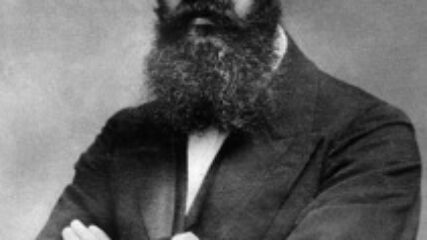
Eventual founding leader of the World Zionist Organization Theodor Herzl says a Jewish state is need in response to antisemitism.
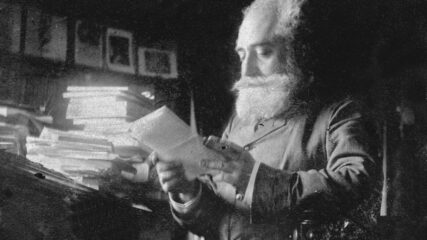
Max Nordau’s impassioned speech summarizes the unique Jewish identity of belief, Torah, ritual and community. With those central elements as a people, their state of impoverishment and wretched physical insecurity, he argues, are vital for rebuilding the Jewish national territory.
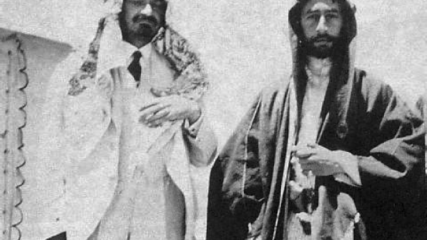
Emir Faisal, on behalf of the Sharif of Mecca, and Chaim Weizmann, on behalf of the Zionist Organization, exchange recognition of cordiality and kinship between a future Arab state and Palestine, where Zionists seek to establish their national home. They offer each other mutual assistance.
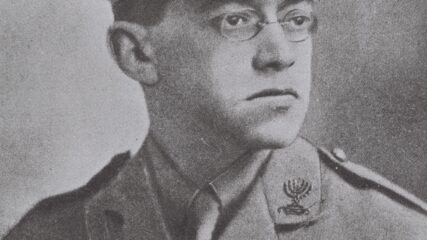
Ze’ev Jabotinsky argues that peaceful coexistence between Arabs and Jews in Palestine is impossible until Zionists demonstrate through strength that they are an irreversible presence in the Land of Israel.
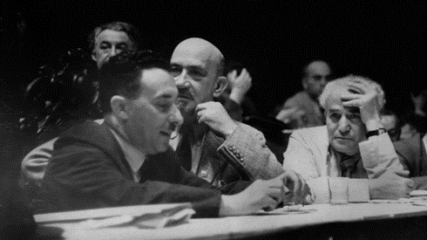
Jewish Agency head David Ben-Gurion emphasizes that a Jewish state will be a place for all, including Arabs, and calls for Jews to be better educated about the elements of a state.

In New York, urging American (Jewish) support, Ben-Gurion proclaims the eventual establishment of a Jewish state.
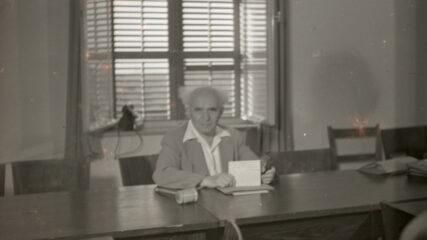
The Status-Quo Agreement is an understanding reached between David Ben-Gurion, then the chairman of the Jewish Agency Executive, and the religious parties in the period before Israel became a state.
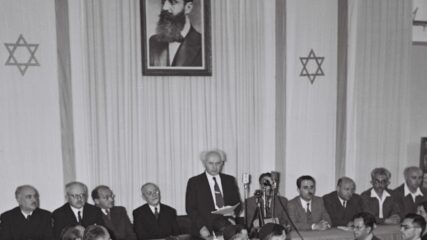
The Declaration recounts the Jewish connection to the Land of Israel, the birth of Zionism and U.N. recognition of a Jewish state’s legitimacy. It also promises that the state will be a democracy for all its citizens.
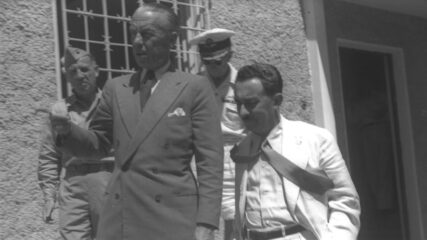
Subsequent to Israel’s territorial successes from May 1948 forward, U.N. mediator Bernadotte is assassinated after suggesting smaller borders for Israel. He does not mention Palestinian Arabs in his interim report.
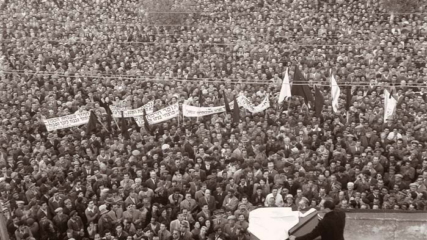
In an impassioned Knesset speech, Menachem Begin staunchly opposes accepting $1.5 billion in German reparations for Jewish deaths during WWII. No price, he believes, can be put on the lives lost.
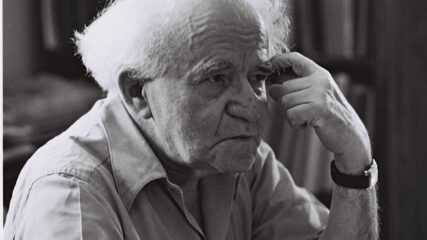
Israel’s first prime minister was a prolific writer. In this excerpt of a 50-page document, he notes that the Jewish nation’s DNA included relentless challenges marked by dispersal, ostracism and hatred by many people. Despite these adversities, Israel’s establishment symbolizes a remarkable victory against all odds — a culmination of the Jewish people’s tenacity and unyielding spirit. The state and Zionism were not remotely close to being finished, nor having succeeded in the quest for the Jewish people’s normalization.
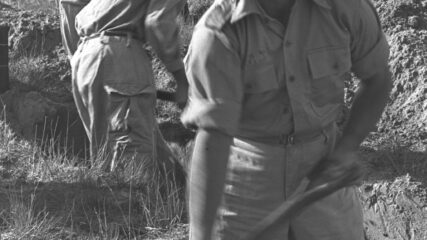
Israeli Chief of Staff Moshe Dayan’s eulogy in 1956 for an Israeli guard murdered at a kibbutz next to the Gaza Strip affirms absolute requirements for being an Israeli: vigilance, determination, and not to be fooled by hollow claims for peace.

Ben-Gurion elegantly connects modern Israel from messianic redemption to Zionism, building the country through labor and immigration, with dual needs to remain actively linked to the Jewish diaspora and Jewish values through education.

With tensions on its borders, Eshkol tries to reassure Israeli public. Instead he gives a “painfully faltering” speech. Popular and party disgruntlement follow, opening the way for Eshkol to turn over the Defense Ministry two days later to General Moshe Dayan.
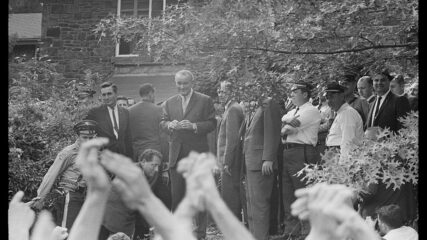
President Johnson’s remarks became the philosophical outline for UN Resolution 242 passed in November 1967. Core to his view was that Israel would not need to return to the pre-1967 war borders, and that the territorial integrity and sovereignty of all states in the region should be protected.
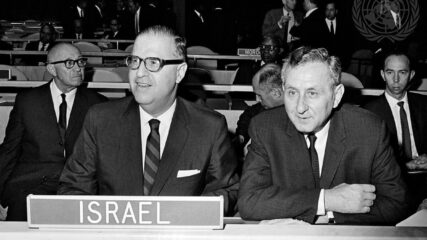
Following the conclusion of the June 1967 War, the Israeli government sent word to Egypt and Syria seeking peace plan that was intended to jumpstart a peace process with Israel’s belligerent neighbors, Egypt and Syria. The messages were sent through the US, but no response was apparently received.
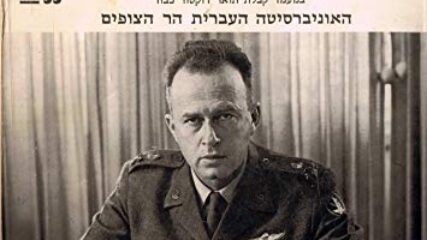
Receiving an honorary doctorate from the Hebrew University after the conclusion of the June 1967 War, Rabin delivers a speech on behalf of Israel’s entire military. He highlights the harsh realities of war yet concentrates on commending the extraordinary efforts of Israel’s armed forces.
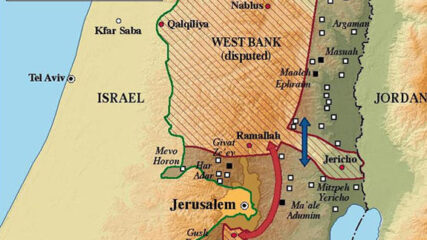
Yigal Allon’s plan for handling the areas captured from Jordan during the just-completed Six-Day War reflects Israel’s previous border vulnerability and seeks a West Bank arrangement that is not a strategic or geographic threat.

With less than three dozen Israeli settlements in the territories taken in the June War, the proposal is not for a vast settlement increase, but for economic, infrastructure, and industrial development of the areas.
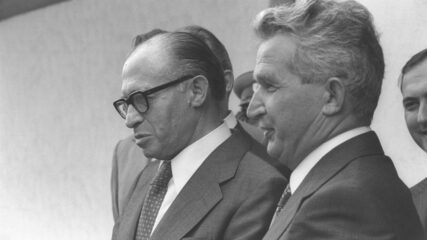
Unknown to the Carter administration and one month before it issued the US-Soviet Declaration to convene an international Middle East Peace Conference, Prime Minister Begin tells the cabinet that he learned from the Rumanian president that Sadat wishes to have Israeli and Egyptian representatives meet in secret talks. That bi-lateral Dayan -Tuhami meeting takes place on September 16. Begin refers to advanced drafts of proposed treaties between Israel and each Arab state; he presents details about Rumanian Jewish immigration to Israel.
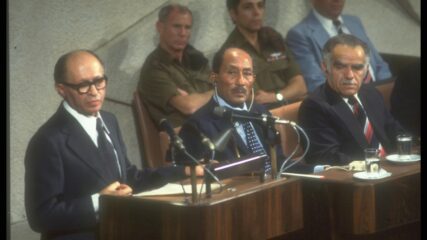
Begin welcomes Sadat’s bold initiative, seeking an end to the conflict with other Arab states through negotiated treaties. Begin invites other Arab leaders to negotiate as Sadat was doing.
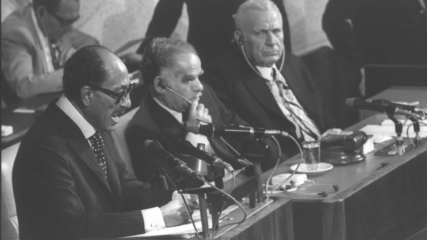
Sadat tells the Israeli people and world that he seeks a just and durable peace, which is not a separate peace, between Israel and Egypt. He equates statehood for the Palestinians as their right to return.
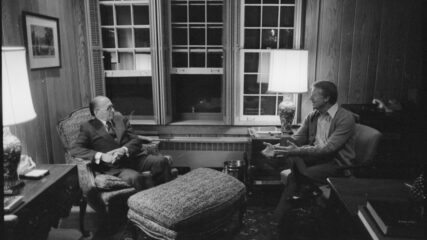
In this meeting, the contents of which have not been released by the Foreign Relations of the United States (FRUS) but are available from the Israel State Archives (ISA), Begin clearly committed that “perhaps one military settlement” in the Jordan Valley would be established during the three months of the treaty negotiations. The extraordinarily contentious public dispute on the settlements would mar the diplomatic success of the Camp David Accords and add tension to the already fraught Carter-Begin relationship.
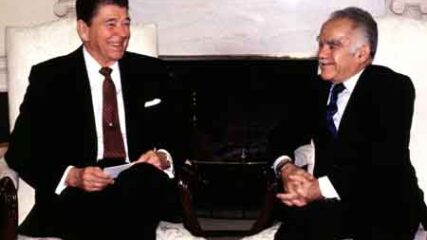
Areas of bilateral political and military cooperation are noted to fend off Soviet involvement in the Middle East, to assist Israel in building the Lavi aircraft, to support an independent Lebanon and to promote Arab-Israeli negotiations.